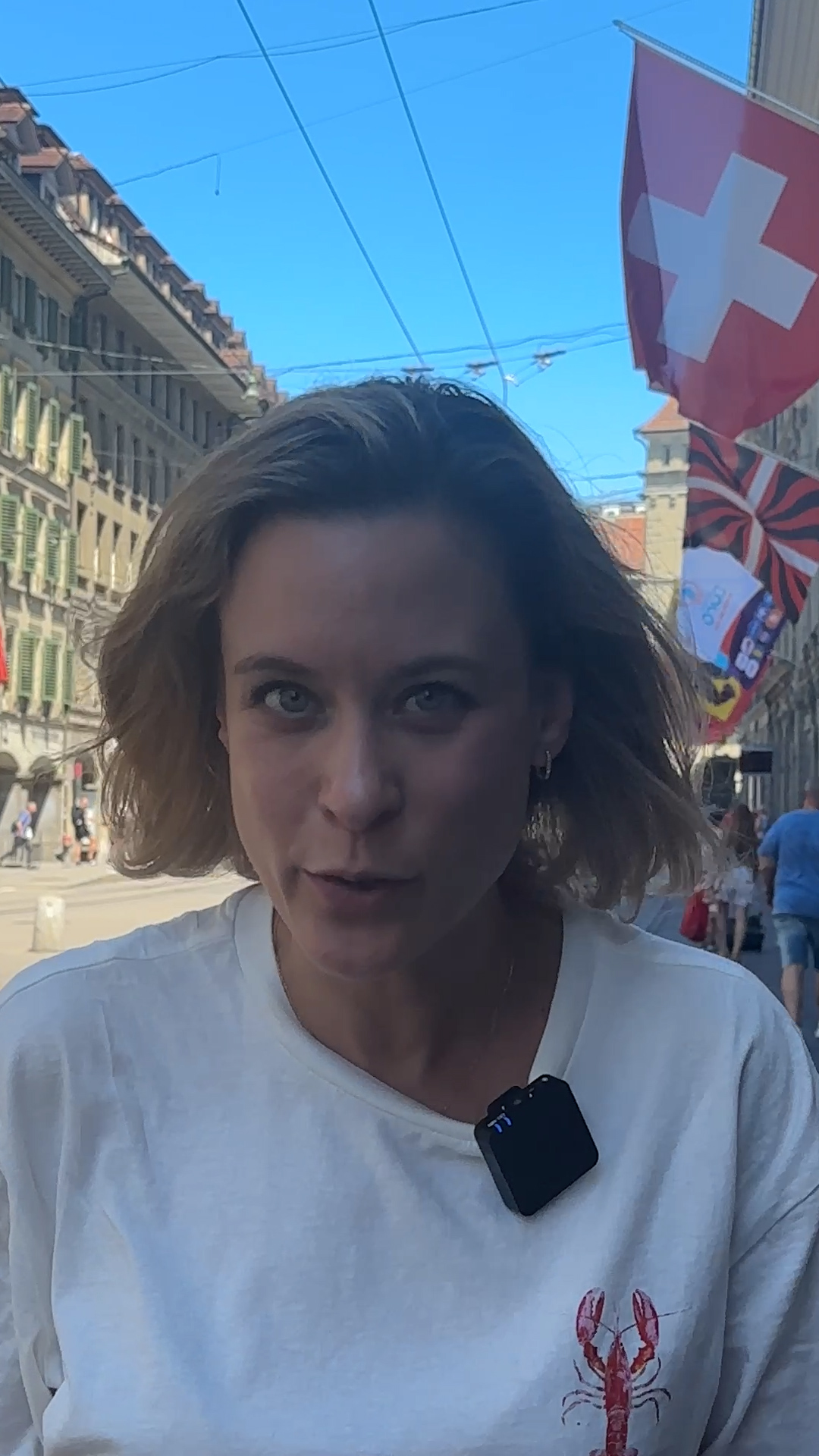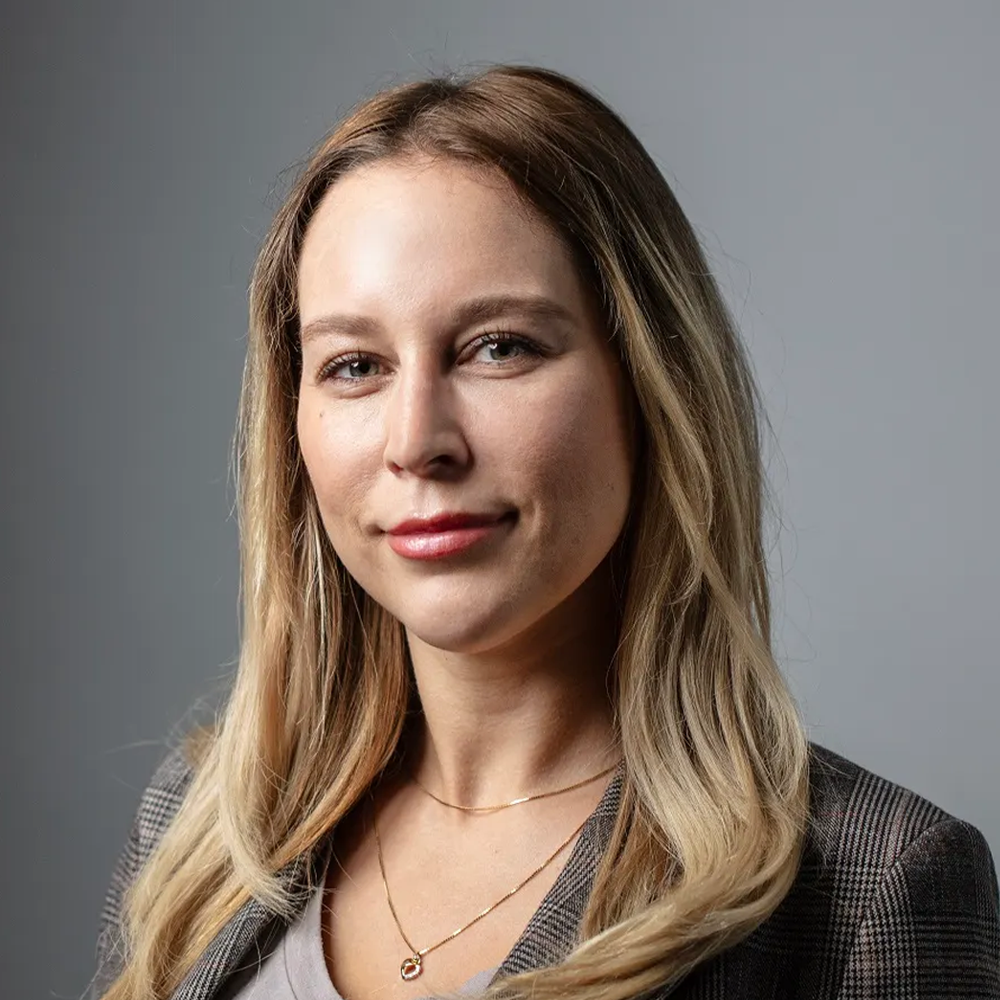
Romansh in 2106

Where will Romansh, a small minority language spoken in the heart of the Alps, be in 100 years' time?
To conclude this special dossier, we hand over to our Romansh interview partners for a selection of their thoughts on the subject.
What will the Switzerland of the future look like? Let’s imagine that following an administrative shake-up in 2054, the country now only has seven cantons (instead of 26), also called regions.
The president is Arthur Federer, a descendent of the celebrated 21st century tennis player.
Federer is the only man in the now nine-member cabinet – a change from the male-dominated cabinets of 100 years ago.
Where does this leave Romansh?
Bernard Cathomas, director of Radio and Television Romansh, Chur
The situation for Romansh will be the same as for other small languages… German, Italian and French. We already see today how French is defending itself against the influence of English. I am therefore sure that Romansh will suffer the same fate as these other “small” languages, even if it is a… very small language!
On the other hand, the big languages will get even bigger: Chinese, Hindi, English and Spanish. But even if my grandchildren speak these languages, I think they’ll still want to keep Romansh or French… The small and very small languages will still exist and in 100 years’ time will represent a [cultural] richness, I hope, as they do now.
Andrea Rassel, Lia Rumantscha, Chur
I think that the valleys will be bilingual. I don’t really see the valleys becoming completely Romansh again because we live on tourism or trade and all kinds of interaction.
I hope tourism will use the Romansh language and culture as part of its offer. I’m not looking for a Romansh Disneyland. But people go to certain cities for the architecture or museums, so maybe they’ll come to Laax and Flims not just for skiing, but to learn something about the Romansh language and culture as well.
Constantin Pitsch, Federal Culture Office, Bern
Romansh will certainly be a spoken language in some areas. It depends a lot on whether schools are able to conserve and carry it on, as schools are really the most important factor in language promotion. It also depends a lot on language consciousness, and how it is possible to promote this consciousness. It is very difficult to gain new fields of application or regain lost fields for Romansh.
Ursin Lutz, editor of monthly youth magazine Punts, Chur
I think that Romansh will exist, but it’ll be a little weaker than it is today. We already have to fight a lot for it now. In terms of natural language evolution, in 100 years’ time Romansh will be a bit problematic.
Lüzza Rauch, director of the Lower Engadine Museum foundation, Scuol
I fear that in 100 years’ time Romansh will no longer be spoken because the number of people speaking it today has become so small that it doesn’t need much before Romansh can no longer be preserved. It’s the same in every biological system that when there is a lot of weight on one side of the scales, it tips the balance. For example, in local authorities where there is a majority of German speakers it’s hard to keep Romansh.
Sascha Cahenzli, hard rock fan, Ilanz
Romansh won’t exist any more in 100 years’ time. Today, more and more young people are going to Zurich and are speaking German there. Even here, they prefer to speak German, despite learning Romansh at school. And most of the books come from Germany.
Annemieke Buob, President of Uniun dals Grischs, Celerina
If the quality of schools is not threatened by Rumantsch Grischun, the situation will not become worse and it could even become better. The next generation will come into contact with Romansh through school and will come to identify with it and it will become their mother tongue.
Chasper Pult, linguist and teacher, Chur
In 100 years’ time there will be a global government and there’ll be a part of the world called Europe containing regions rather than states. One of these regions will be the Alps, and inside the Alps, there will be several minorities who will continue to keep their languages alive, because they are linked to a natural environment – meaning the natural and cultural environment will be as one.
swissinfo-interviews: Isobel Leybold-Johnson and Bernard Léchot
“Il Transformatur” is a sculpture by the Graubünden artist Michel Pfister. Originally from the village of Vuorz, he now lives in Basel.
The sculpture is suspended above the central courtyard in the Radio and Television Romansh (RTR) building in Chur.
It measures 14 metres long and weighs 2.2 tonnes.

In compliance with the JTI standards
More: SWI swissinfo.ch certified by the Journalism Trust Initiative




































You can find an overview of ongoing debates with our journalists here . Please join us!
If you want to start a conversation about a topic raised in this article or want to report factual errors, email us at english@swissinfo.ch.